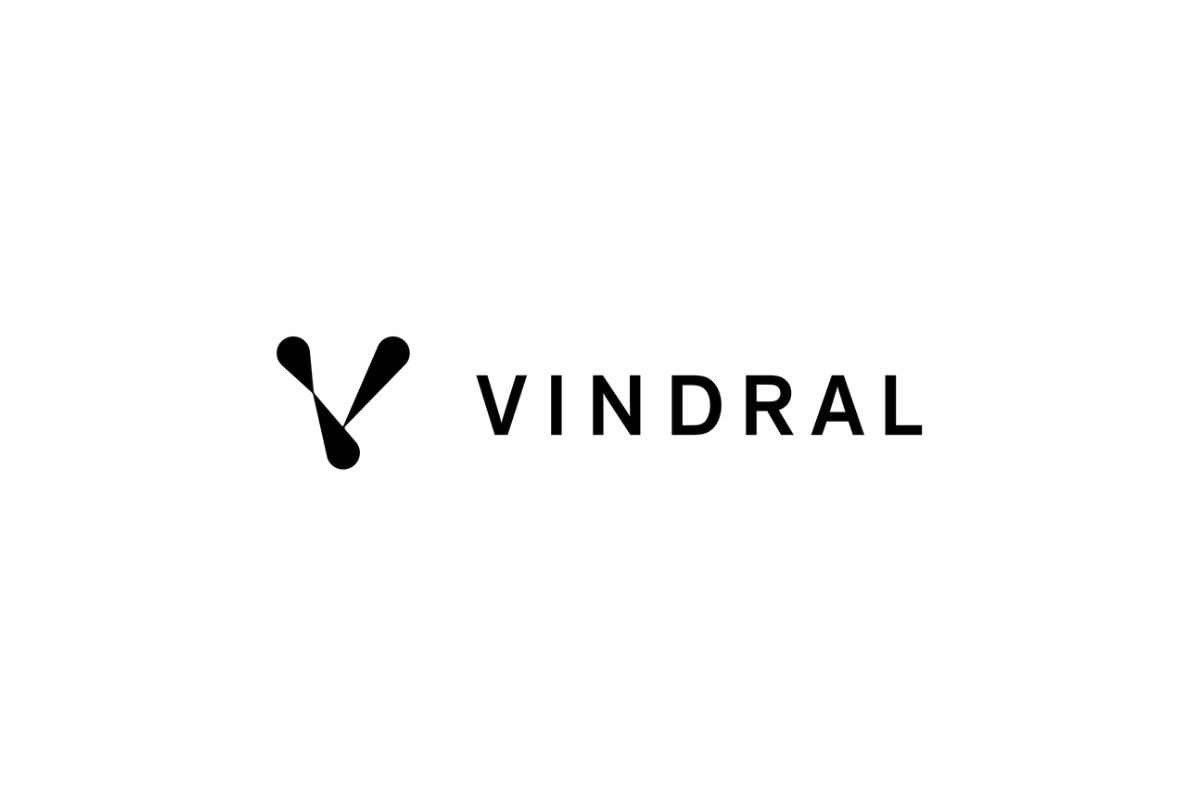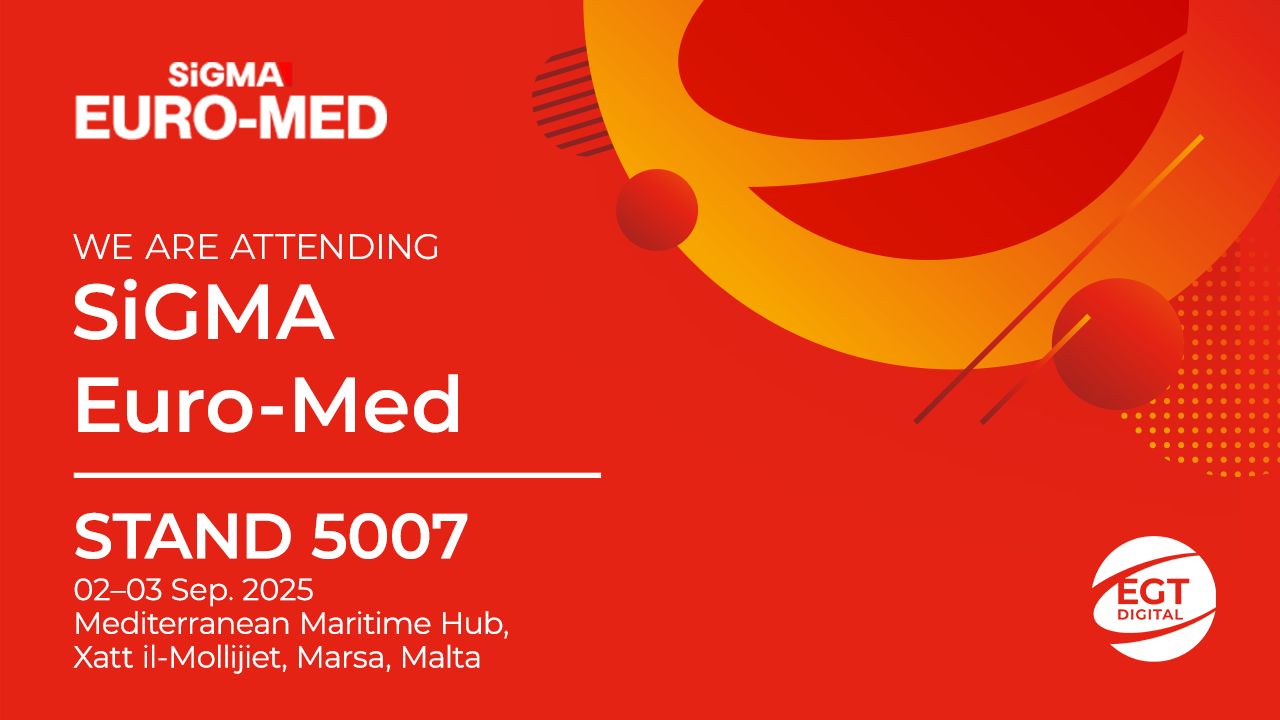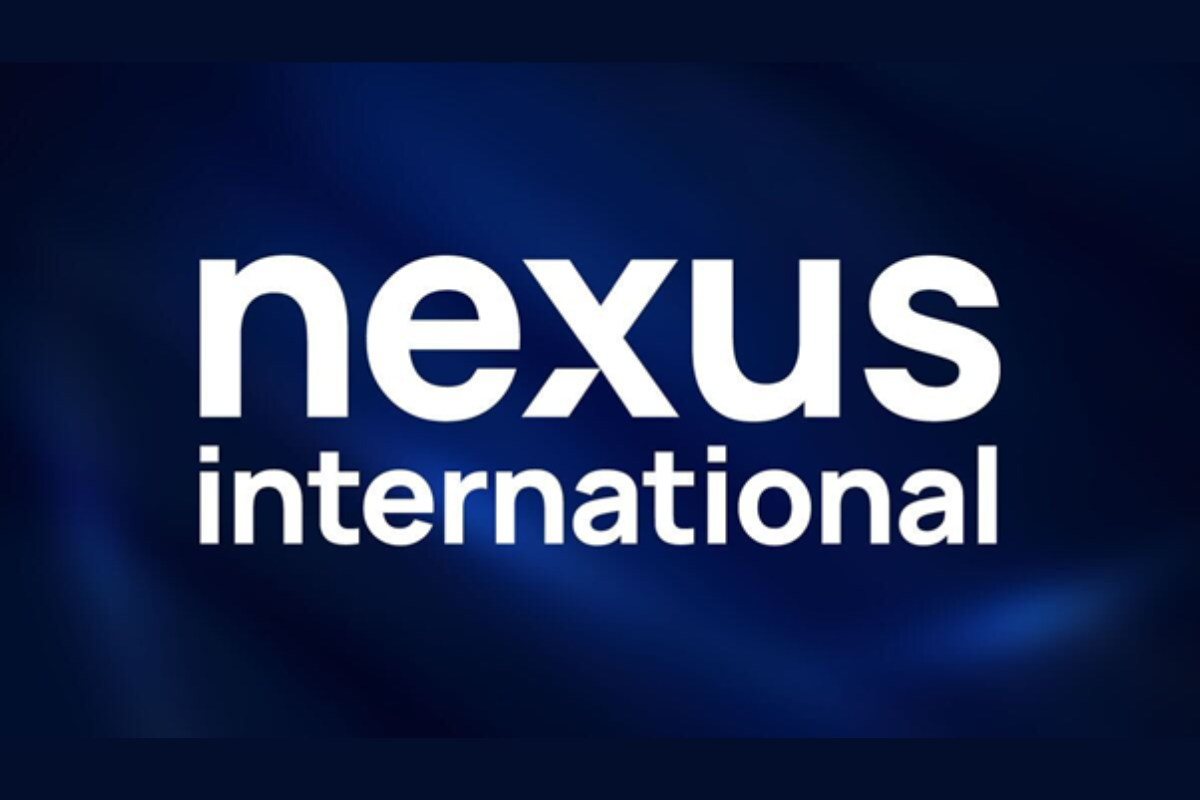Latest News
Nexus International’s H1 2025 Revenue Doubles to $546M, Cementing Place Among Global Gaming Leaders

Nexus International has posted $546 million in revenue for the first half of 2025, representing a 110% increase compared to the same period in 2024. The privately held gaming operator has already surpassed its total 2024 revenue of $400 million within six months, placing it among the top 100 global gaming operators by revenue.
The company attributes its strong H1 performance to disciplined market entry, internal capital reinvestment, and strategic positioning within Brazil’s newly regulated iGaming sector. Nexus operates without venture capital or external shareholders, financing growth through operational earnings and maintaining a lean decision-making structure under founder and CEO Gurhan Kiziloz.
Brazil was a defining market for Nexus in the first half of the year. Following the enactment of Law 14,790/2023, which formalised the regulation of fixed-odds betting and online gaming, Nexus was among the earliest operators to receive full licensing. This early compliance allowed its platform, Megaposta, to transition smoothly into the new framework while many competitors faced onboarding delays and regulatory bottlenecks.
Megaposta recorded strong growth in user retention and transaction volumes during H1, supported by localised marketing, partnerships with Brazilian payment providers, and a tailored onboarding process designed around regulatory requirements such as facial recognition and Central Bank–linked payment integration.
Market analysts forecast Brazil’s iGaming sector could exceed $3 billion in annual revenue by 2028. Nexus’s early foothold has positioned it well to capture long-term market share, particularly as the country begins to tighten marketing restrictions and expand enforcement of licensing standards.
While Megaposta has driven the bulk of H1 results, Nexus continues to operate across more than 40 markets through its three main platforms. Spartans.com, its crypto-native gaming brand, has expanded in multi-currency jurisdictions, while Lanistar has grown its presence across regulated European and Latin American markets following its recent licensing transition.
Each platform targets a distinct user demographic and regulatory footprint, allowing the company to diversify risk while tailoring content and compliance protocols to regional expectations.
Nexus’s growth model favors selective geographic expansion, with market entry decisions based on internal performance metrics and operational readiness rather than investor-driven timelines. This allows the company to avoid overextending into unproven regions and concentrate infrastructure in areas with sustained returns.
One of the more distinctive aspects of Nexus’s business model is its total absence of external capital. The company is entirely self-funded and operates without a formal board of directors. Strategic and operational decisions are made by a small leadership group, enabling faster response times and lower internal friction during periods of regulatory or market change.
CEO Gurhan Kiziloz has described this model as central to Nexus’s momentum. “Our speed isn’t just in product delivery, it’s in how we respond to the market,” he said in a recent statement. “We can act on performance data without waiting for third-party approvals.”
However, the trade-off is a concentration of risk and accountability at the leadership level. Without investor oversight, operational discipline must be maintained internally through real-time performance tracking and strong cross-functional coordination.
In tandem with its H1 growth, Nexus has opened a new global headquarters in São Paulo, Brazil. This marks the company’s first centralized operational hub and reflects Brazil’s status as its largest revenue source. The São Paulo office will oversee Latin American operations and serve as a base for further expansion into markets such as Colombia, Peru, and Chile.
The headquarters will initially support commercial, compliance, and operational functions, with plans to scale into customer service and product development as regional demands evolve.
With more than half a billion dollars in revenue already recorded, Nexus has projected a full-year run rate between $1.1 billion and $1.2 billion, with a stretch goal of $1.54 billion. Achieving this target will depend on continued performance in Brazil, successful execution of regional expansion plans, and sustained operational control without external funding.
As other operators adjust to stricter compliance environments and rising customer acquisition costs, Nexus’s ability to maintain margin and market share under a self-funded model will remain under close industry observation.
For now, the company’s H1 results mark a significant benchmark, one that reflects a business model built on revenue discipline, early regulatory engagement, and strategic consolidation in high-performing markets.
-

 Africa7 days ago
Africa7 days agoQTech Games wins Best Innovation of the Year at the 2025 SBWA+ Eventus Awards
-

 Asia7 days ago
Asia7 days agoNODWIN Gaming and JioStar Unveil OnePlus Android BGMS Season 4
-

 Latest News7 days ago
Latest News7 days agoCalema to Perform at Legends Charity Game in Lisbon
-

 Latest News7 days ago
Latest News7 days agoVindral appoints Henrik Fagerlund as Chairman of the Board
-

 Conferences in Europe7 days ago
Conferences in Europe7 days agoEGT Digital and EGT to rock the show at SiGMA Euro-Med 2025
-

 Latest News7 days ago
Latest News7 days agoPush Gaming redefines its portfolio, unveiling new game categories and sub-brand for extended player reach
-

 Affiliate Industry7 days ago
Affiliate Industry7 days agoNikita Lukanenoks Brings Slotsjudge Into Spotlight With Affiliate Leaders Awards 2025 Nomination
-

 Latest News7 days ago
Latest News7 days agoThunderkick returns for an even fierier fiesta in Carnival Queen 2























